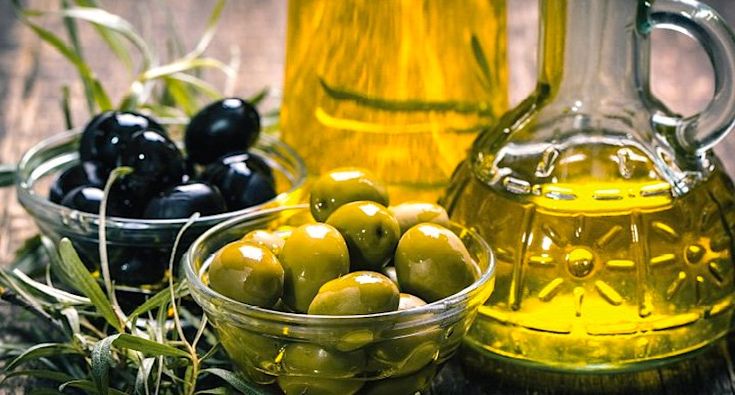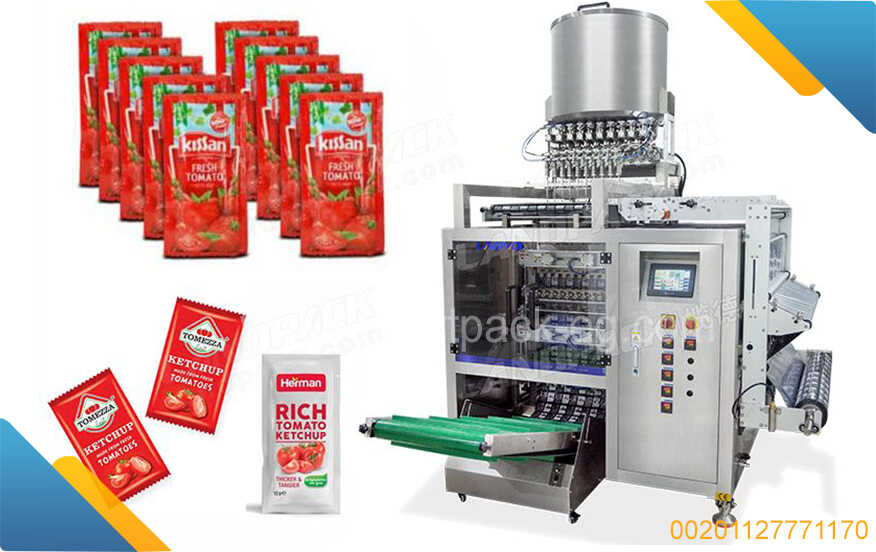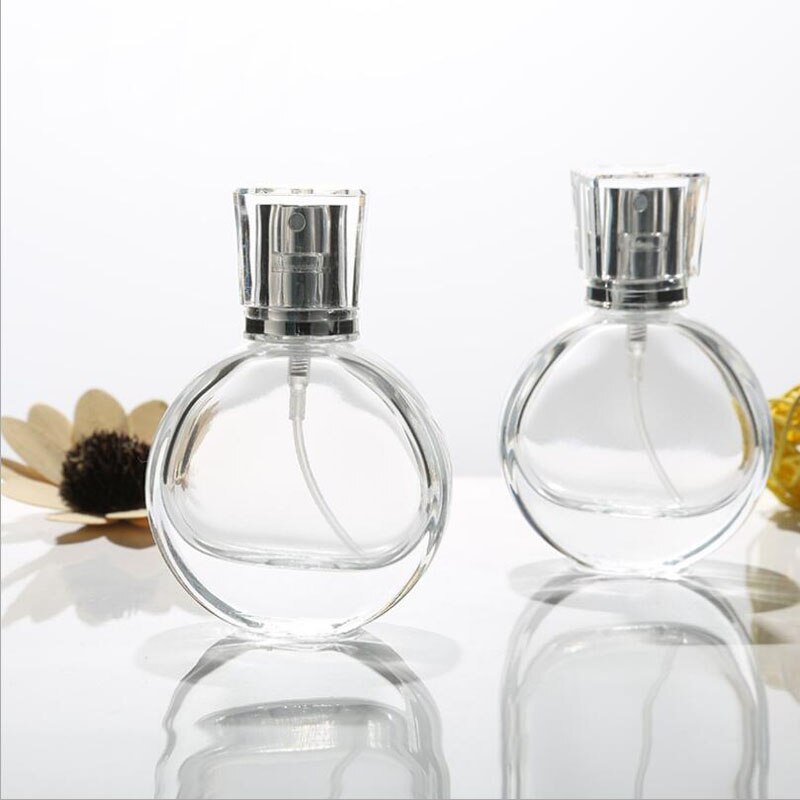Title: The Best Way to Save Olive Oil
Introduction:
Olive oil is a versatile and precious ingredient often used in cooking and dressing meals. When properly stored, olive oil can maintain its flavor, aroma, and nutritional value for an extended period. In this guide, I will outline the best practices for preserving olive oil to ensure its longevity and quality.
-
Choose the right container:
Select a dark glass or light-resistant container for storing olive oil. Avoid using clear bottles as they allow light to penetrate, potentially causing oxidation and degradation of the oil. Glass bottles are preferable over plastic, as they do not interact with the oil or affect its taste. -
Keep away from heat and light:
To maintain the freshness of your olive oil, store it in a cool, dark place away from direct sunlight and heat sources. Exposure to heat and light can lead to accelerated degradation and loss of flavor. So, the cabinets or pantry are ideal for olive oil storage. -
Seal the container tightly:
Once opened, make sure to securely seal the olive oil container after each use. This prevents exposure to air, which can lead to oxidation. A tight-fitting lid or cork will help maintain the oil's quality and protect it from contaminants. -
Avoid air exposure:
Limit the contact between olive oil and air to prevent oxidization. Oxidation can result in a rancid taste and reduced nutritional benefits. When pouring from the bottle, minimize air exposure by pouring smoothly and quickly. After using the oil, promptly close the container. -
Refrain from refrigeration:
Although refrigeration can extend the shelf life of certain oils, it is not recommended for olive oil. Cold temperatures cause the oil to solidify and may alter its taste and texture. It's best to store olive oil at room temperature to maintain its original flavor and consistency. -
Check for quality:
Olive oil can deteriorate over time, even with proper storage. To ensure the oil is still suitable for consumption, periodically check for signs of rancidity, such as a strong, unpleasant smell or a bitter taste. Always use fresh, quality olive oil for the best results. -
Purchase smaller quantities:
If you don't use olive oil often, it is advisable to buy smaller bottles rather than larger ones. This way, you can finish the oil before it degrades. Small quantities of olive oil are easier to manage and maintain freshness throughout their usage. -
Keep an eye on the expiration date:
While olive oil can be enjoyed even after the expiration date, it is still essential to monitor its freshness. Oils past their prime may have reduced flavor and nutritional value. Regularly check the expiration date on the bottle to ensure you're using the oil within its recommended timeframe.
Conclusion:
By following these best practices, you can ensure that your olive oil remains fresh, flavorful, and retains its nutritional benefits. Proper storage in a dark, cool place, sealing the container tightly, minimizing air exposure, and using fresh oil are key to enjoying the exceptional qualities of this precious ingredient. So, make sure to implement these tips and savor the best quality olive oil in your culinary endeavors.



 Admin
Admin 





